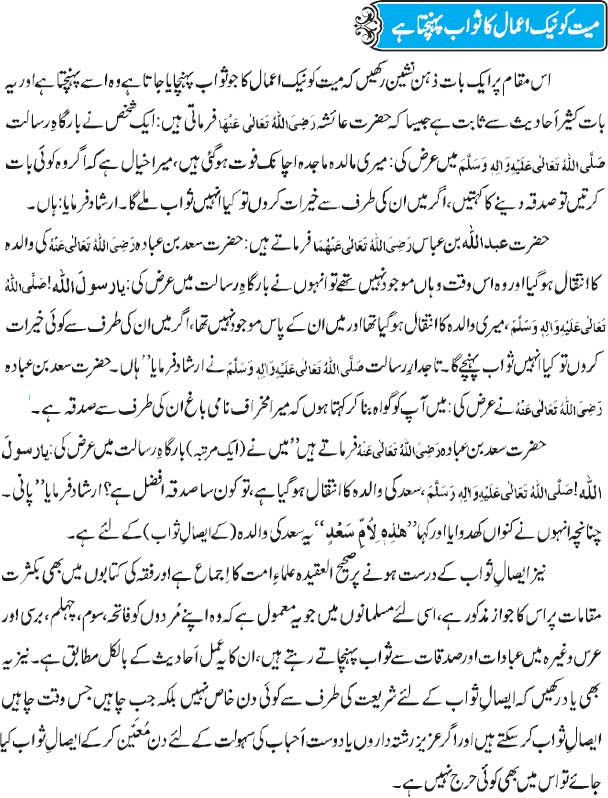The best action of Islam is to feed the poor. Rasullullah sallAllahu alayhi wasallam has said: “The person who has faith in Allah and in the hereafter, it is necessary for him to be polite to his guests.” (Bukhari)
One remains a guest for three days; thereafter, it is sadaqah. (The host must entertain his guest for three days. More than that, whatever entertainment is made will be regarded as sadaqah).
One should entertain one’s guest with special food for one day and one night. (Bukhari)
A guest should not remain at the host’s place for such a long time that it would either inconvenience or disgust them.
Whoever is invited and does not accept has disobeyed Allah and His Rasul sallallahu alayhi wasallam.
Whoever enters (a house) without invitation (for meals), enters as a burglar and departs as a bandit. (Abu Dawud)



